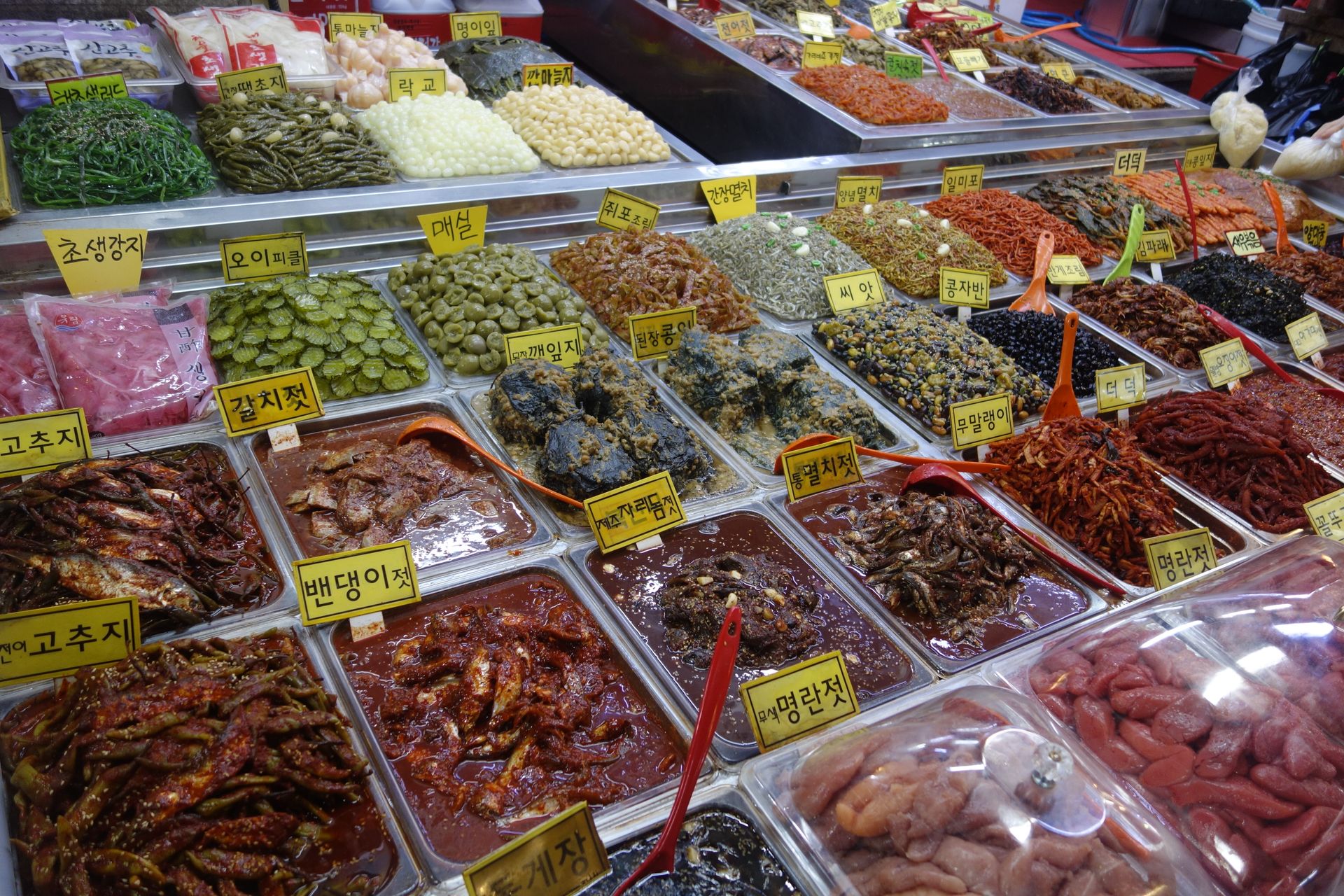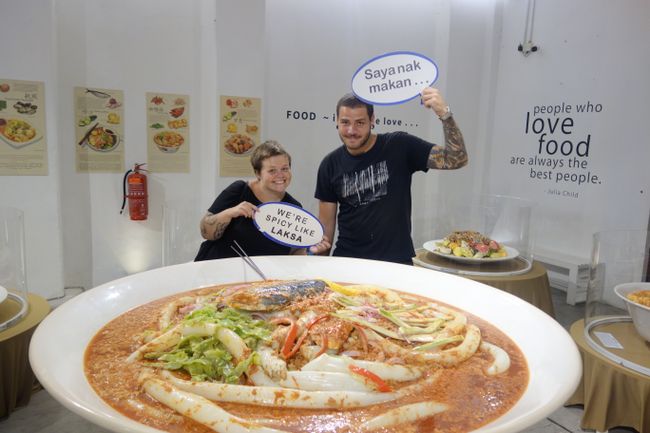24.07.18 - 29.07.18 Kuala Lumpur
Жарияланды: 02.08.2018
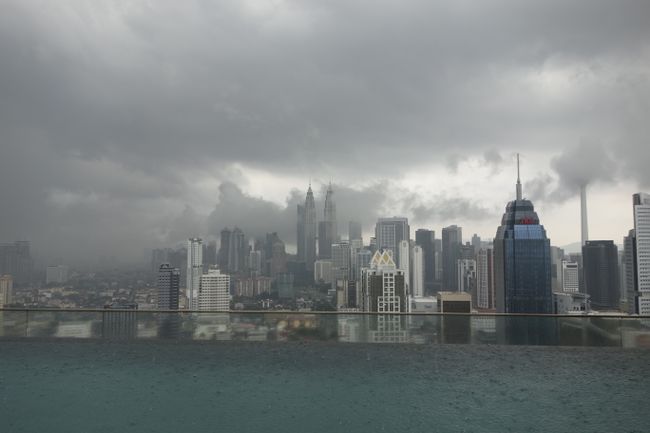
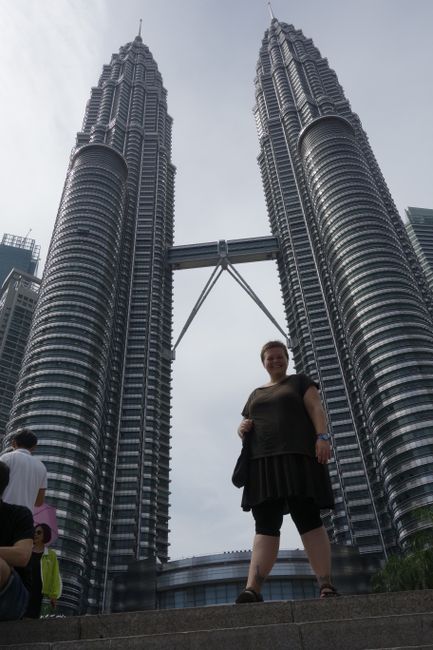
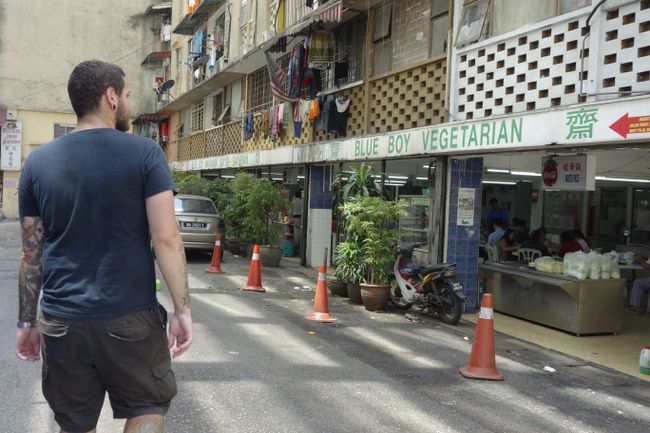
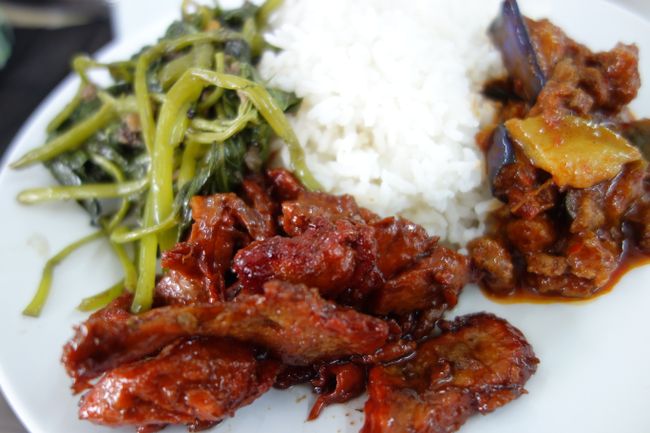
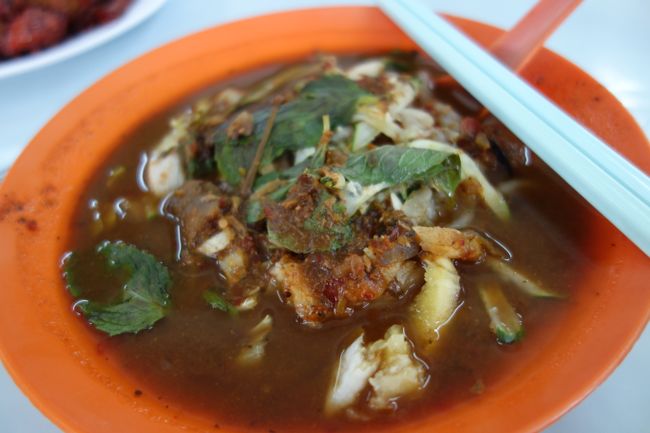
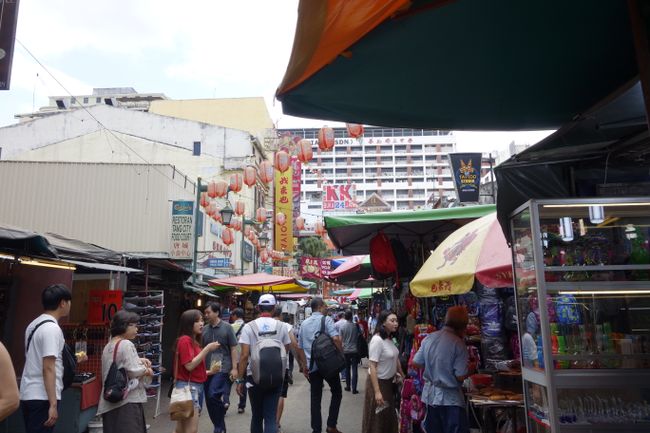
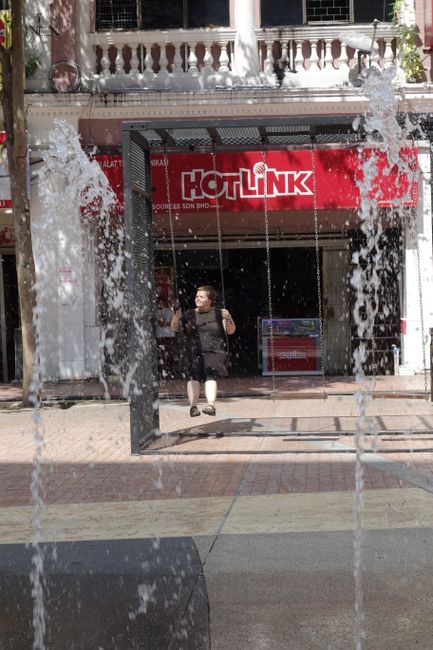
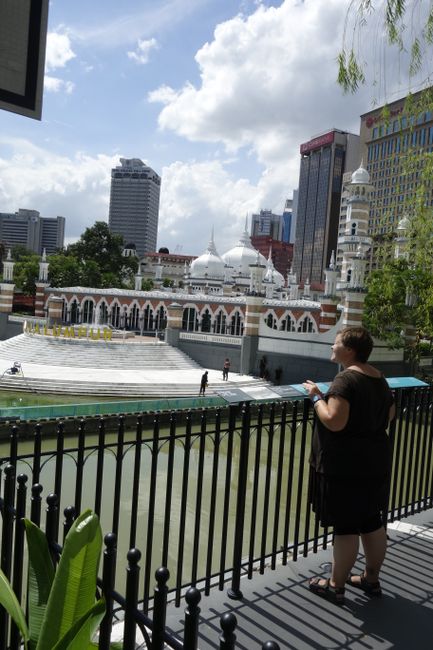
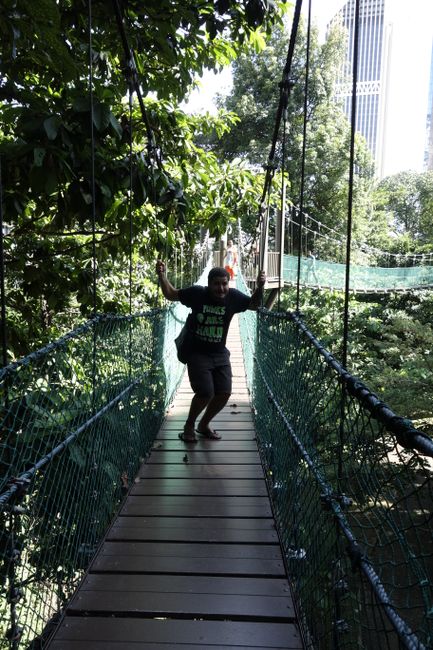
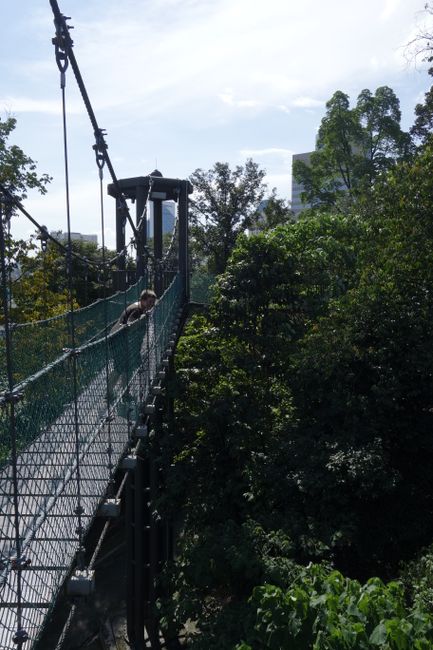
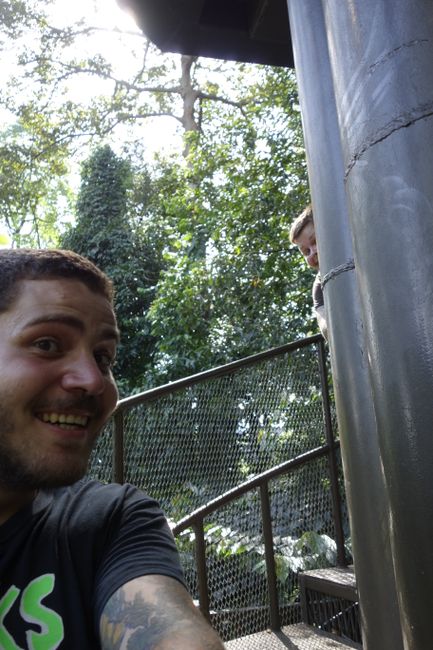
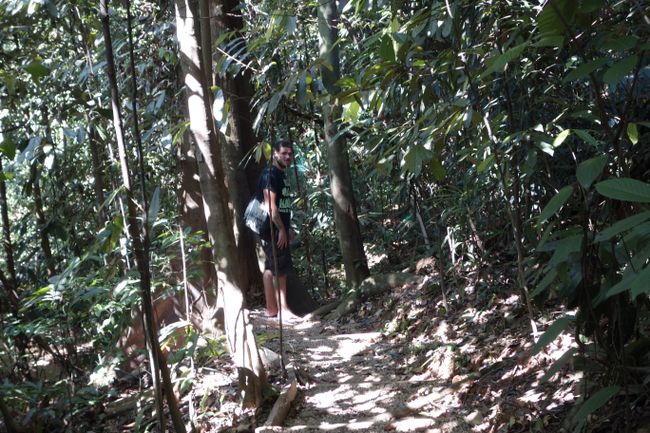
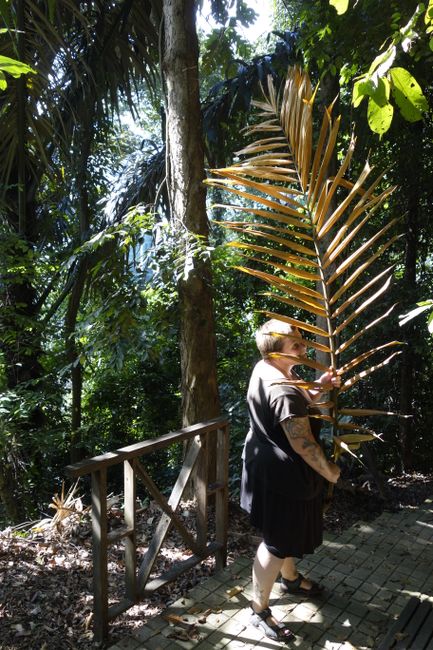
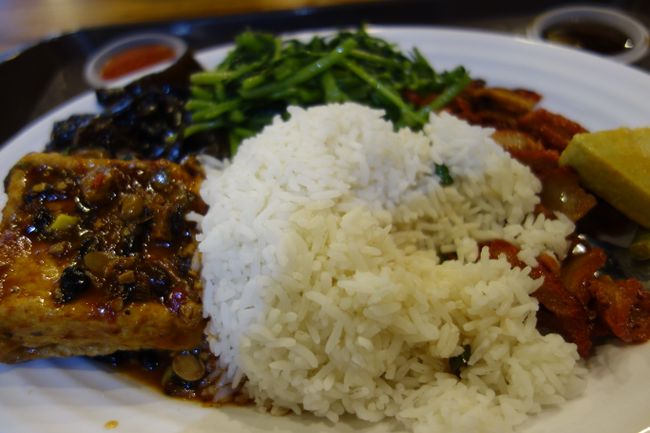
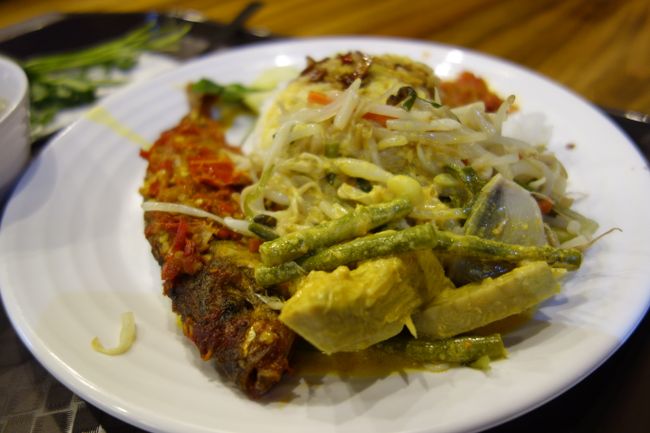
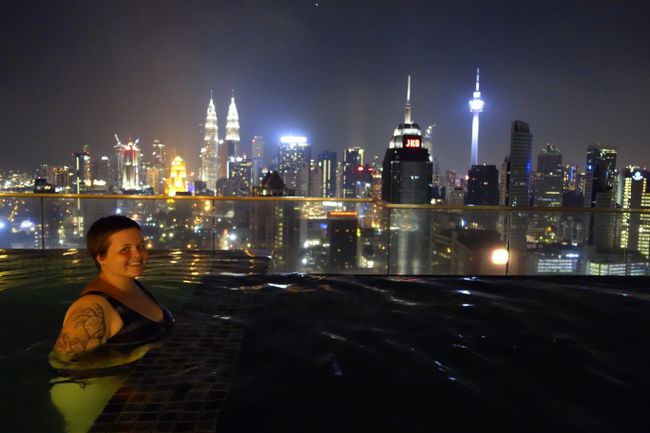
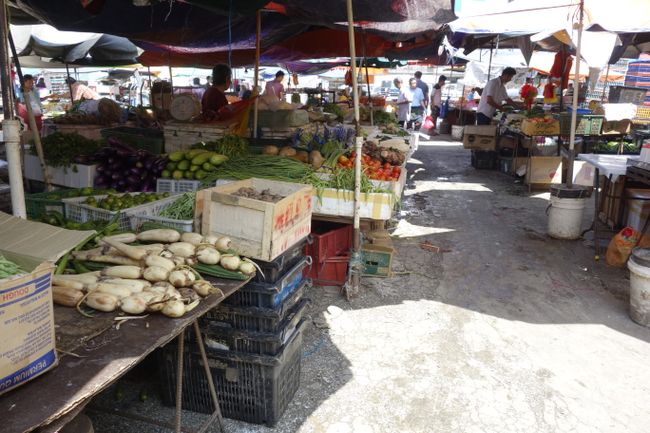
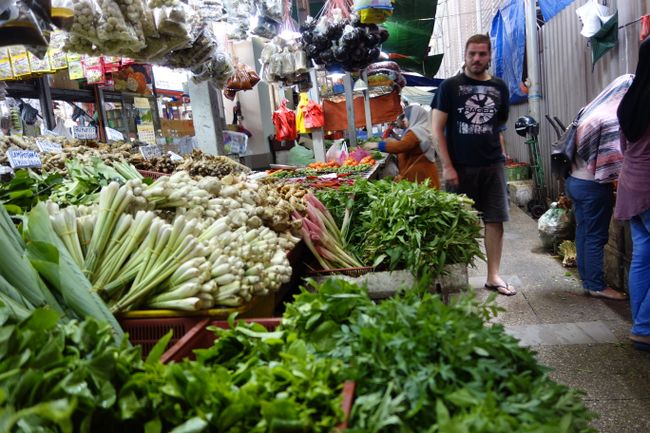
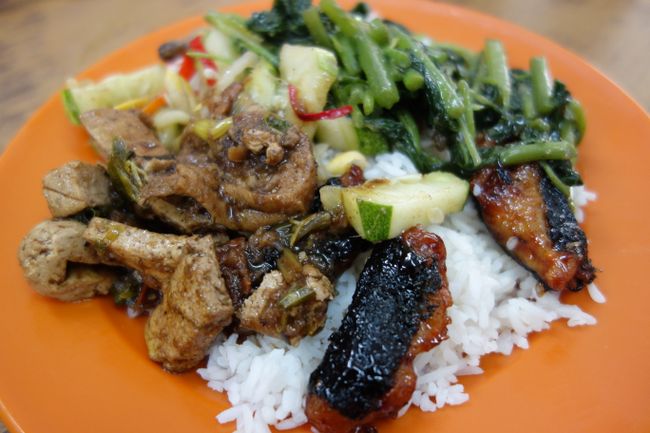
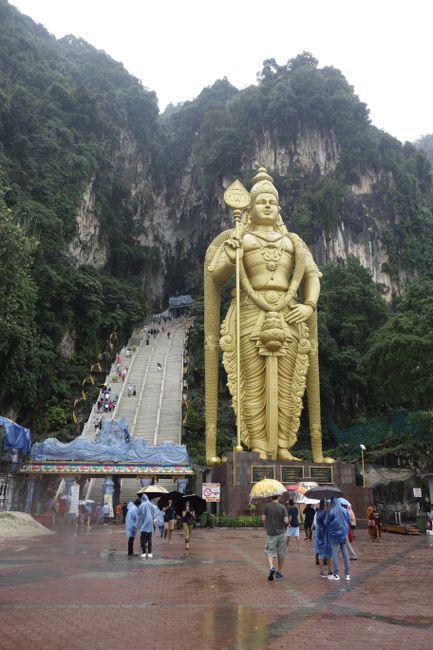
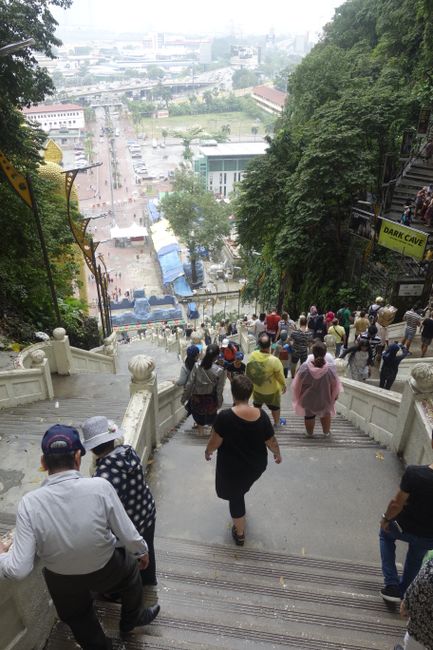
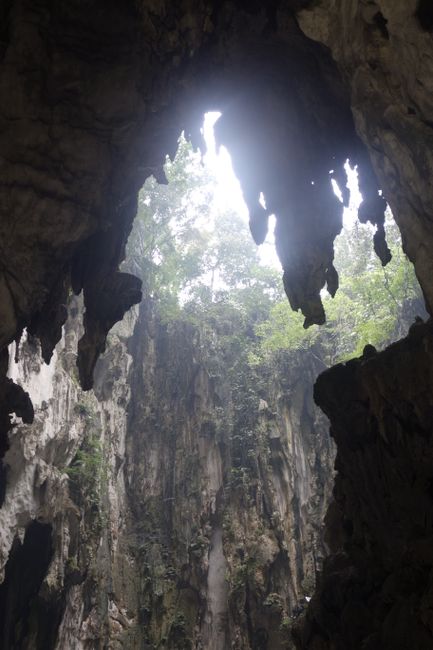
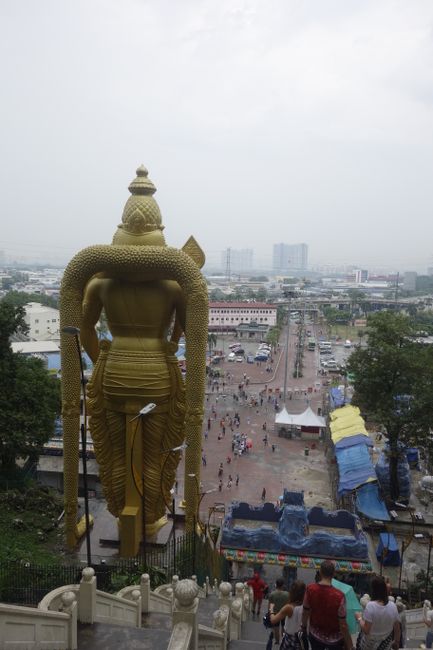
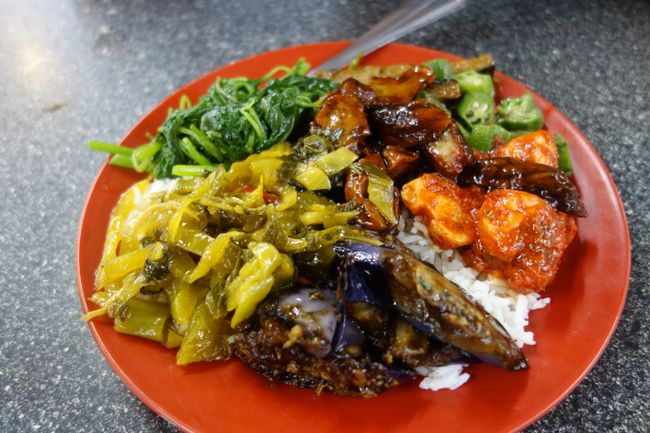
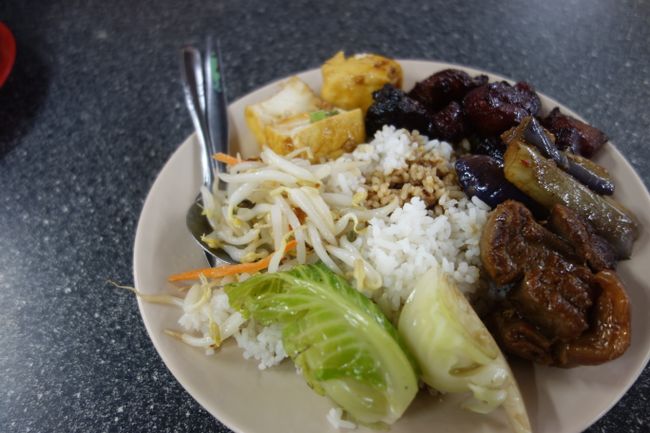
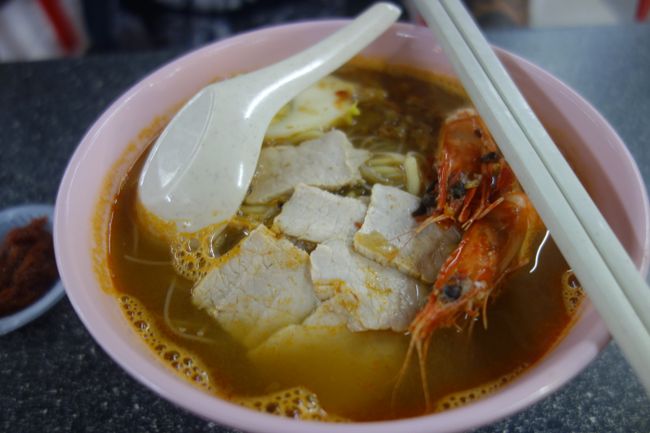
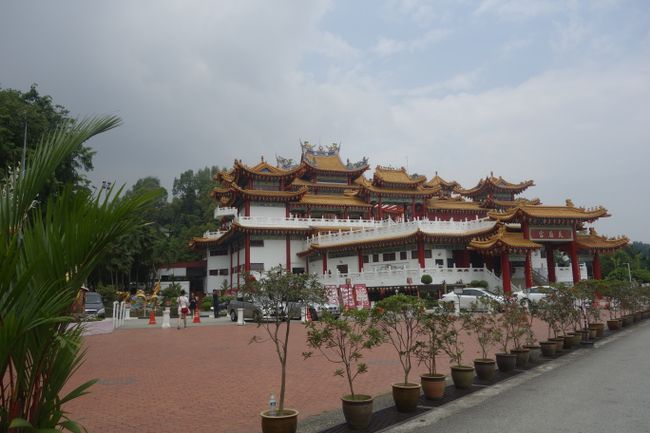
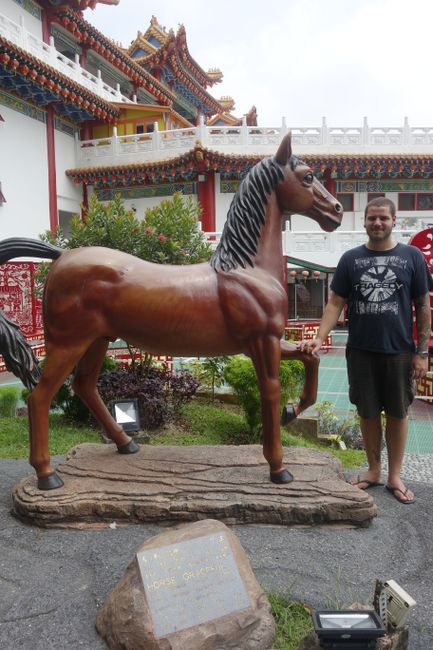
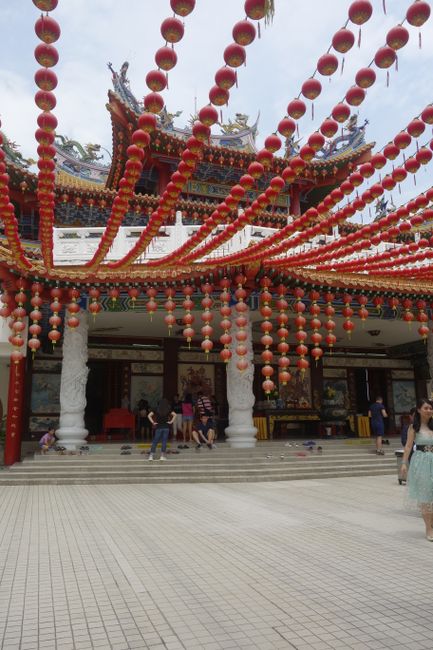
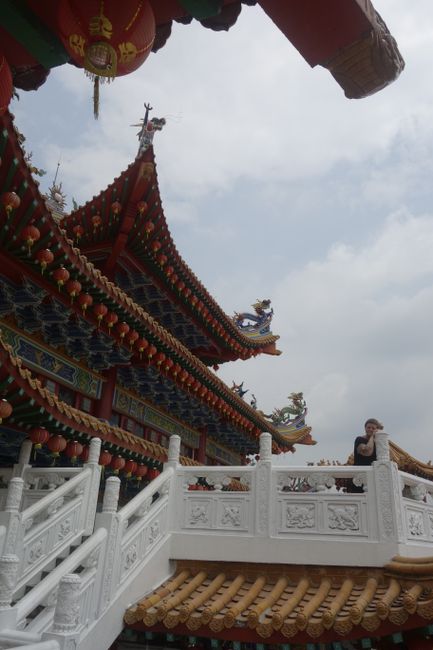
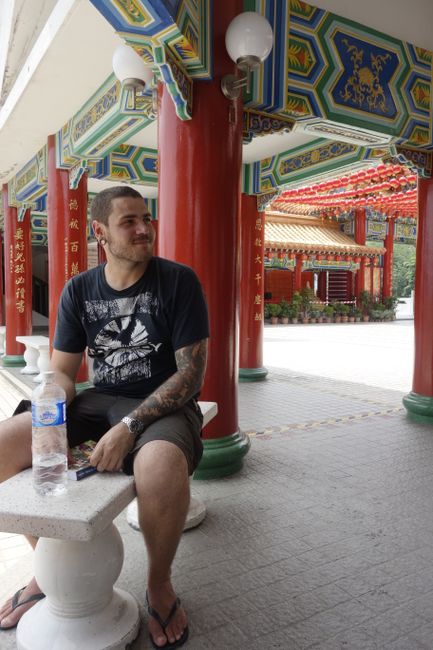
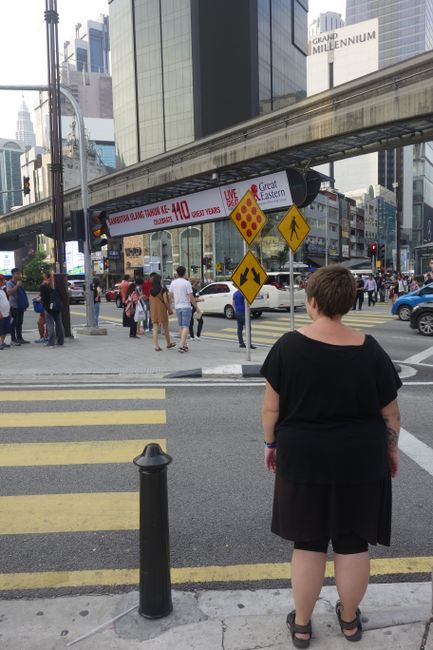
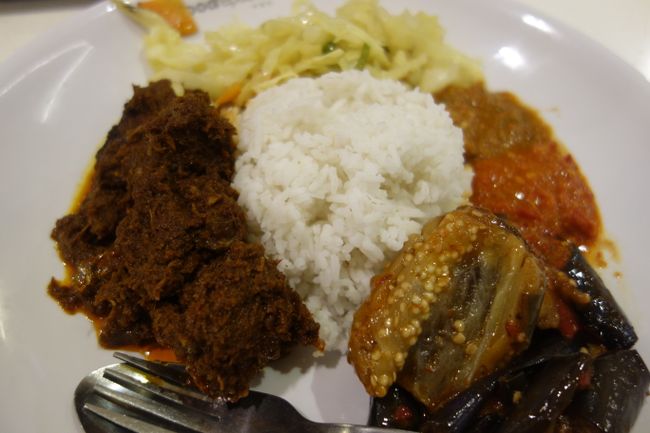
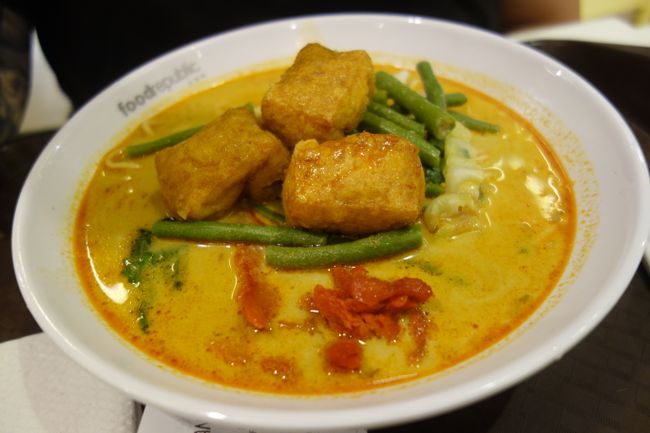
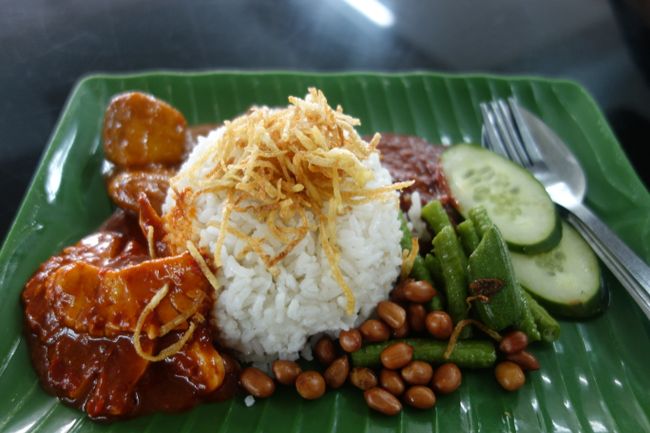
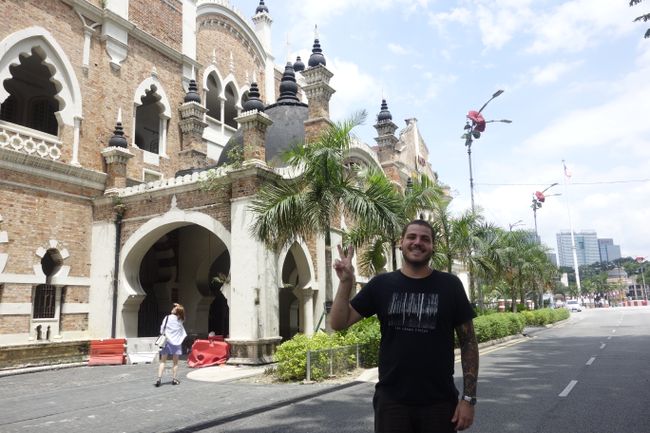
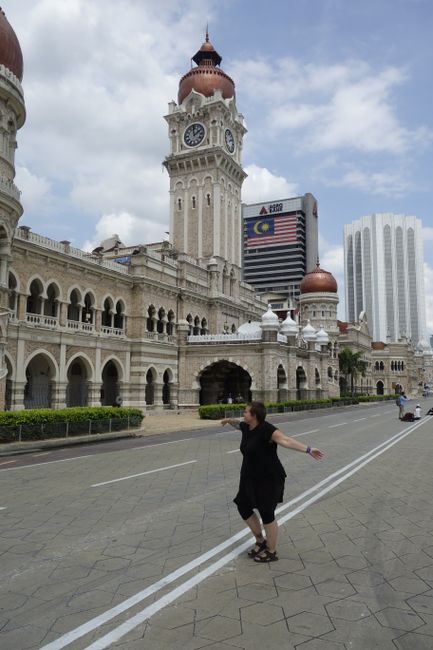
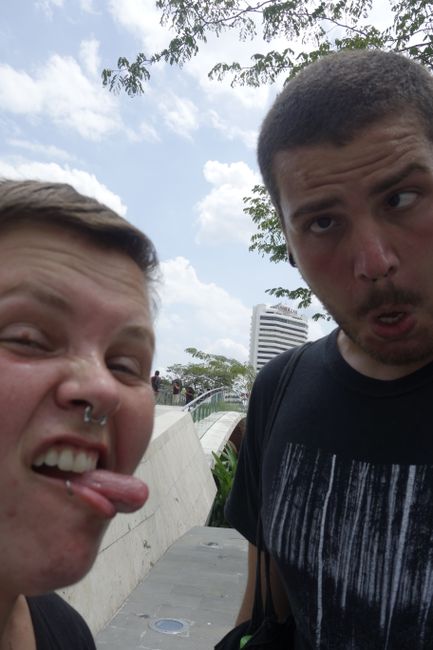
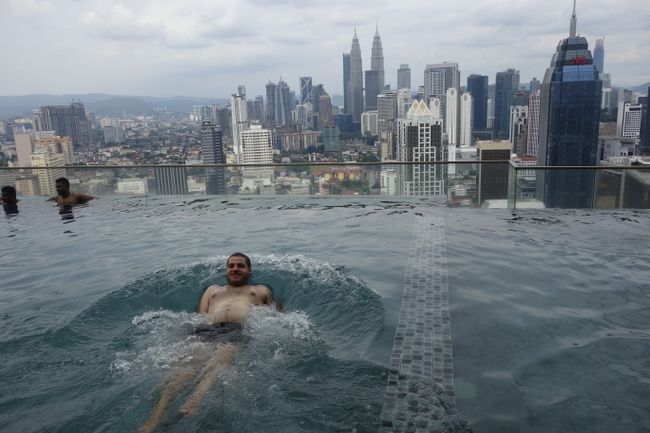
Ақпараттық бюллетеньге жазылу
As our diligent readers probably already know, we wanted to end our stay in India after a month and fly to Malaysia. So we boarded a plane to Kuala Lumpur in Chennai. After just a few meters, we felt a noticeable relief. Everything was less hectic, less noisy, and significantly cleaner. We also weren't stared at as much as in the past month. We took the train on smooth tracks at a fast pace from the airport to the city. There, we booked a room in a skyscraper on the outskirts of the city center on Airbnb. It was slightly above our budget, but how often do you get a place with an infinity pool on the 37th floor with a perfect view of such an impressive skyline at a tolerable price? Plus, we knew from our last visit to KL that the cheaper rooms here are pretty rundown with hardly any ventilation. It was okay five years ago, but now we've become somewhat more comfortable, and the prices for such rundown places are no longer as cheap as five years ago...
Right after checking in and visiting the rooftop pool, we had to immediately start looking for food. After all, Malaysia was one of the culinary highlights of our last trip. And this time, it doesn't disappoint. After our first Asam Laksa, we immediately knew that it was not a mistake to come here. And the meals in Kuala Lumpur all lived up to our high expectations.
Of course, food is not the only reason to visit this city. It also entices with fascinating architecture. On one side, there's the hypermodern city full of shiny skyscrapers, including the world-famous Petronas Towers, and on the other side, there are historical buildings and old neighborhoods with traditional Malay and Chinese architecture. And in the middle of it all, there's a 9.3-hectare rainforest.
But the best thing about Malaysia in general, and KL in particular, is its cultural diversity. As Malaysia used to be an important point in various trade routes, people from all over Asia have moved here, especially from China and India. Malaysia can almost be seen as a cross-section of Asia. Although it is dominated by Muslims, you can still find many Buddhist and Hindu temples. Of course, the culinary fusion that arises from this is also very important.
During our week in KL, we walked around a lot in various neighborhoods (over 70km in 5 days), both familiar and unfamiliar ones. It is always nice on a long journey to visit places where you've been before, not least to rekindle memories (especially when you consider that on our last trip, due to a computer problem, we lost all of our Malaysia photos). But we also explored new things, such as the Batu Caves in the north of the city, which serve as Hindu temples. We also visited the city's largest Buddhist temple.
When we weren't strolling around or eating, we enjoyed spending time at the rooftop pool. It was no longer a secret, but the crowds weren't unbearable yet.
After the big city, a little island paradise is already on the agenda...
Ақпараттық бюллетеньге жазылу
Жауап (1)
Andreas
...so toll. Danke für die Bilder und die Texte.... seid herzlich gegrüßt von der heißen Seite der Erde... 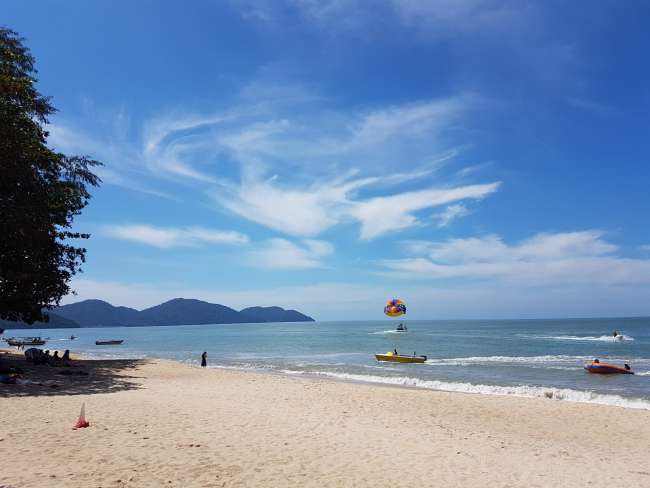
Саяхат есептері Малайзия
